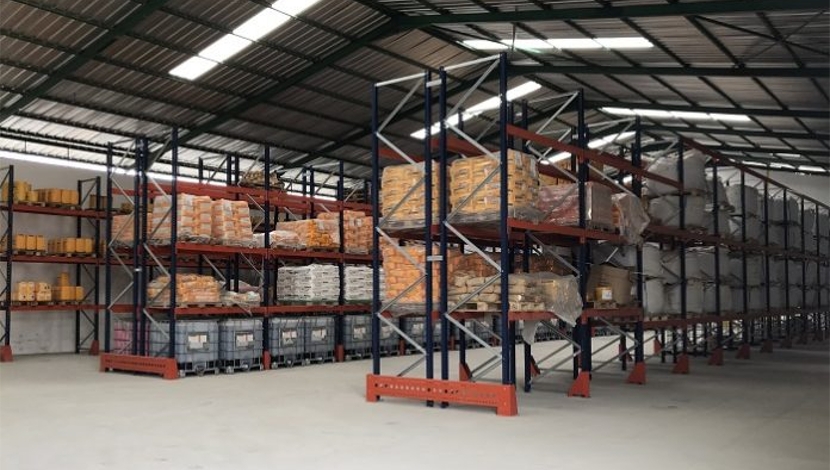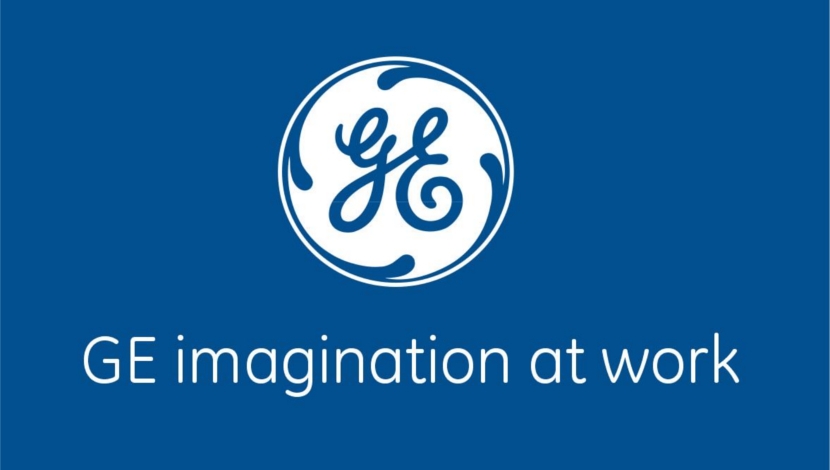
JSE-listed Growthpoint Properties’ Kirstenhof Office Park, in Johannesburg, has become the hundredth building in South Africa to achieve a Green Star SA certification from the Green Building Council of South Africa (GBCSA), securing a 5-Star Green Star: Existing Building Performance Pilot (EBP) rating.
The 3 830-m2 multi-tenanted office park’s green features include energy efficient lighting; flow restrictors on all taps; a waste and materials management plan and a stormwater management plan to limit disruption of natural hydrology, and reduce pollution and site deterioration.
Growthpoint now owns or co-owns the largest portfolio of Green Star SA-certified buildings in the country, with 23 buildings rated to date.
“Achieving 100 certifications indicates the commercial property sector’s commitment to sustainability and resources efficiency in response to growing cities and related challenges to energy infrastructure,” GBCSA CEO Brian Wilkinson said. The pace of green building certifications has been rising rapidly in South Africa, since the first certification in 2009.
In April 2014, the GBCSA made its fiftieth rating and, this year, it certified 25 buildings in the first three months alone. In total, the organisation has certified over 1.8-million square metres of green space – the equivalent of 263 rugby fields. Gauteng boasted 1.23-million square metres in gross floor area (GFA) through 55 buildings, followed by Cape Town’s 488 000 m2 GFA.
The 100 Green Star SA-certified projects achieved yearly combined savings of 131-million kilowatt-hours of electricity – equal to powering 9,130 households for a year, as well as saving 171-million litres of water – the daily water requirement of ±86 million people. Wilkinson said: “The average green building saves about 34% of energy. If the entire industry did this, the energy problem goes away.”
The 100 buildings have also saved a total of 176-million kilograms of carbon emissions – equal to taking 44,069 cars off the road, or 5,000 full Boeing 747 flights from Johannesburg to Cape Town. These savings translated into R88-million a year in energy cost savings and R1.4-million in water cost savings.





